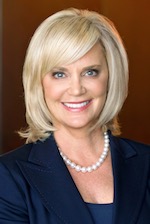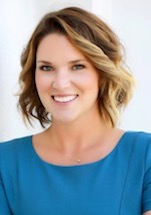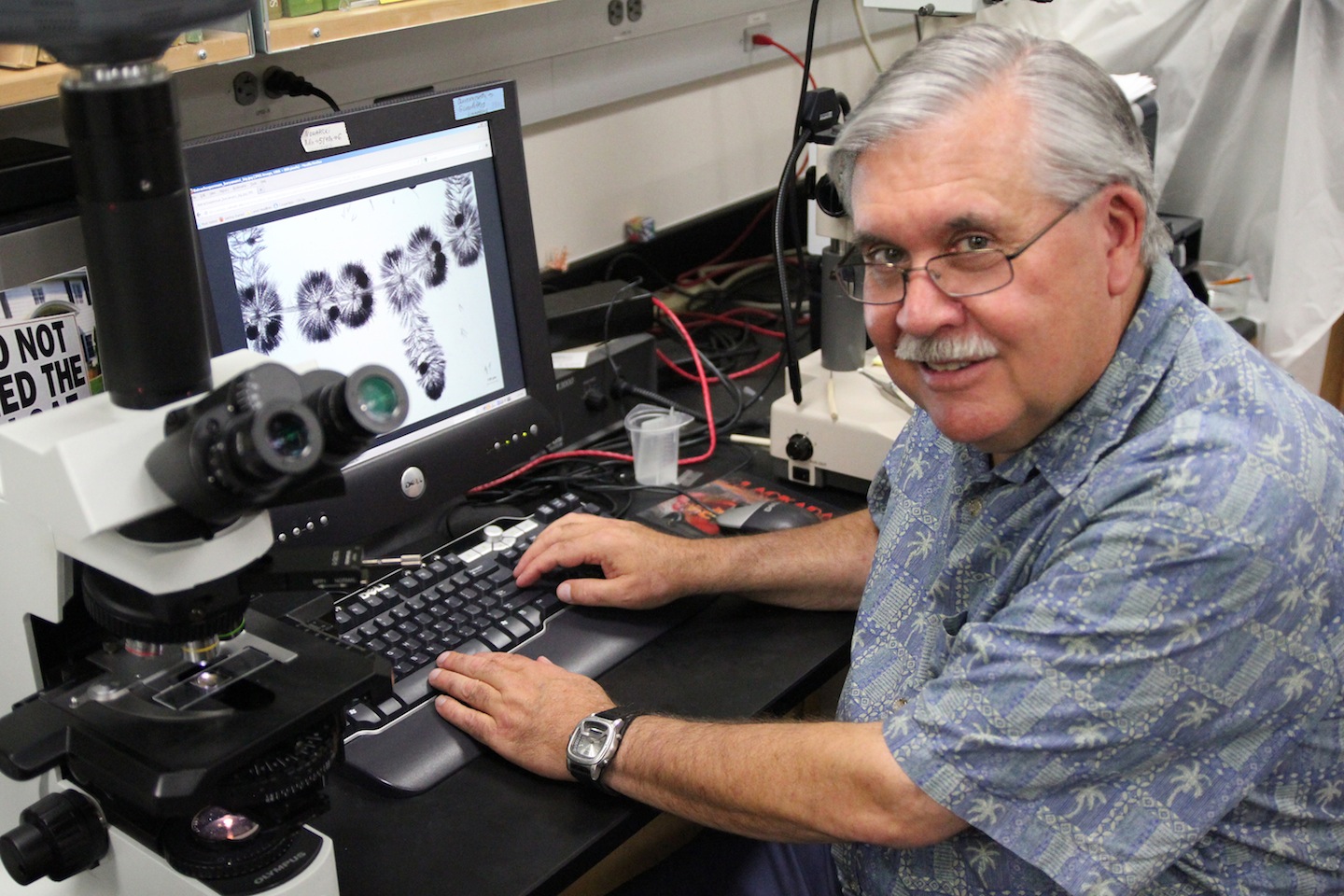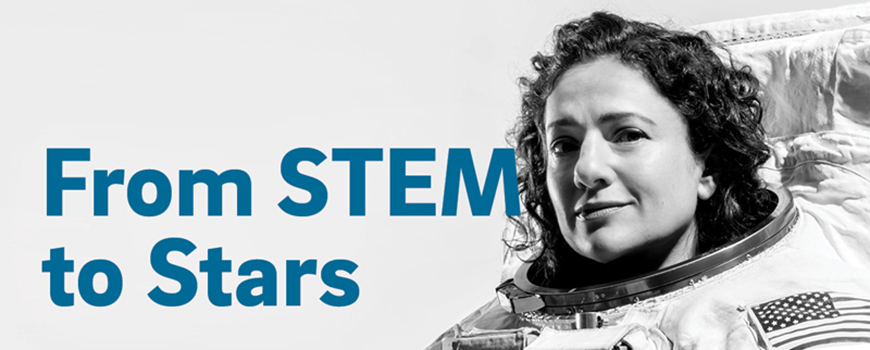Daily Business Report-May 7, 2020
Ground crew at the Los Angeles International airport unload pallets of medical protective equipment from a China Southern Cargo plane upon its arrival on April 10, 2020. California has scrambled to cut deals for millions of masks and other gear. (AP Photo by Richard Vogel)
California wires mask dealer
half a billion dollars, then claws it back
By Laurel Rosenhall | CalMatters
On March 26, as the coronavirus pandemic was mounting and governors across America scrambled to secure medical supplies, the state of California wired almost a half-billion dollars to a company that had been in business for just three days.
The recipient: Blue Flame Medical LLC, a Delaware-based company headed by two Republican operatives who jumped into the medical supply business on March 23. The pair — Mike Gula from Washington, D.C., and John Thomas of Southern California — had vowed, in their words, to help “fight Covid-19 with the industry’s broadest product selection from hundreds of suppliers.”
Within hours of the enormous wire transfer, the deal was dead and California was clawing its money back — $456.9 million, nearly half of what the Legislature had allocated for the state’s pandemic response. The payment to Blue Flame and cancellation of the deal six hours later were revealed in copies of checks, wire transfer receipts and emails obtained by CalMatters through a public records request.
It’s unclear why California decided to make such a large purchase for 100 million face masks from a new and untested company. Days ago, Maryland canceled its own order with Blue Flame and asked the state attorney general to investigate the company for its failure so far to deliver the supplies. And California Democratic Rep. Katie Porter also has raised questions about the company’s credibility.
Blue Flame’s attorney, Ethan Bearman of Los Angeles, said today he had no information about the California situation but criticized Maryland’s actions. He described it as “beyond comprehension” that Maryland is disputing the contract and said the company “fully intends” to honor it.
Still, California’s broken deal provides a look at the chaotic marketplace of medical supply procurement and the dollars at stake in the crisis that has killed nearly 70,000 Americans.
________________________________
MIT research shows which locations
should be opened first post pandemic
As governors and local policymakers wrestle with how to stage the reopening of their states’ economies in the shadow of the deadly COVID-19 pandemic, questions abound. Which businesses pose the greatest risks to human health? Which ones pose the least? Which are the most essential to the economy and social wellbeing? Which locations should reopen first—and which should be last?
A new working paper from the Sloan School of Management provides answers. Using location data from a large sample of smartphones, nationally representative consumer preference surveys, and government statistics, the paper analyzes the tradeoffs between the transmission risk of the coronavirus, the illness that causes COVID-19, and the social and economic benefits of reopening different kinds of businesses, schools, and public spaces.
According to the analysis, banks, other financial institutions, and general merchandise stores, such as Walmart and Target, should be among the first businesses to reopen. These locations provide lots of economic and social value and typically have large spaces that limit crowding, say the researchers.
The next phase of reopening should include colleges and universities, places of worship, auto dealers and repair shops, and other stores, which offer a balanced tradeoff of risks and benefits, according to the research. Within shops, electronics and furniture stores should be reopened before sporting goods and liquor and tobacco stores.
Meanwhile, gyms, cafes, juice bars, and dessert shops should be among the last businesses to reopen. These locations offer very limited economic benefit compared to their risks.
Members of the research team are: Seth G. Benzell, a postdoctoral associate at the MIT Initiative on the Digital Economy, Avinash Collis a doctoral candidate in Information Technologies at the MIT Sloan School of Management, and Christos Nicolaides, a digital fellow at the MIT Initiative on the Digital Economy.
________________________________
Board of Supervisors approve framework
for some county businesses to reopen
Starting Friday, some local businesses can begin to reopen if they have a plan in place to protect their employees and the public.
The San Diego County Board of Supervisors voted to adopt the Business Safety Framework, a general outline for local businesses highlighting the things they need to prepare for and do before they could reopen.
The supervisors also requested that the county’s chief administrative officer ask Gov. Gavin Newsom to provide the county with the autonomy to make region-related, COVID-19 decisions.
The goal of the framework is for businesses to be ready to reopen when authorized by the governor, who is expected to announce guidance today.
But before businesses can reopen, they need to create a Safe Reopening Plan. A template is available now to review, but may be updated depending on direction from the state. Businesses will need to complete, print and post the plan at their entrance.
They also must ensure proper sanitation, physical distancing and general business practices and communication.
The governor announced that retail and manufacturing businesses with curbside pick-up will be allowed to reopen because they represent a lower risk of spreading COVID-19. Among them:
Bookstores
Clothing stores
Toy stores
Florists
Sporting goods
________________________________
Stone Beacon Capital wins top producing team award
Stone Beacon Capital, a financial services firm in Carlsbad, has been awarded the Top Producing Team Award from Kestra Private Wealth Services. The firm was selected based on overall firm revenue for 2019.
This year’s winners were announced among other Kestra Private Wealth Services’ firms at their annual educational conference in February.
Founded January 2017, Stone Beacon Capital is a financial planning practice. It is led by financial professionals Chad Collins, chief executive officer, Graham Pearce, chief financial officer, and Shari Hughes, chief operating officer, who have a combined 60-plus years of experience in the financial industry.
________________________________
Registration begins May 18 for summer session
at San Diego Community College District
The San Diego Community College District for the first time is offering its entire schedule of summer classes online, with open registration beginning May 18 and sessions – which range from four to eight weeks – starting as early as June 3.
With the COVID-19 pandemic creating an abundance of uncertainty for suddenly out-of-work San Diegans, there may not be a better time enroll at the SDCCD, which is the region’s largest provider of workforce training and education.
Those looking to explore a new career can find programs leading to a variety of growing professions such as graphic design, computer technology, social work, nursing, education, and public safety. Those looking to sharpen their skills in a field they are already in can find specialized classes ranging from accounting to web development. A complete list of summer courses, programs, and schedules is available online.
The SDCCD is offering a comprehensive support system that includes an online student orientation help desk, and an online learning pathways program.
________________________________
2 UBS financial advisers from San Diego named
to Forbes 2020 Top Women Wealth Advisors List


Two UBS financial advisers from the San Diego area have been included Forbes’ annual ranking of Top Women Wealth Advisors across the United States: Courtney Liddy of the UBS Downtown San Diego branch and Kalyn Maher Walker of the UBS Carmel Valley branch.
There were 157 UBS advisers included in Forbes’ list of 1,000 women. Overall, the women advisers on the 2020 list manage nearly $920 billion in client assets.
Both women have been recognized previously. Liddy, who currently manages nearly $1 billion in client assets after seeing large asset growth since time of nomination submission, was ranked 64th on this 2020 national women’s list and 17th in the state of California. In the January 2020 Forbes Best-in-State list, which looks at both men and women advisors, Liddy placed 11th in the state. Liddy and her team work with individuals, ultra-affluent families, foundations, and institutional clients.
Walker ranked 61st in California and 240th in the overall 2020 women’s listing. Her typical account size is $1.5 to $5 million, and overall, she manages about $856 million in assets. She has previously been recognized in several Forbes lists, including as #35 in the January 2020 Best-in-State list, #75 in the Next Gen Advisors 2019 list and #21 in the Next Gen Best-in-State Wealth Advisors 2019 list.




